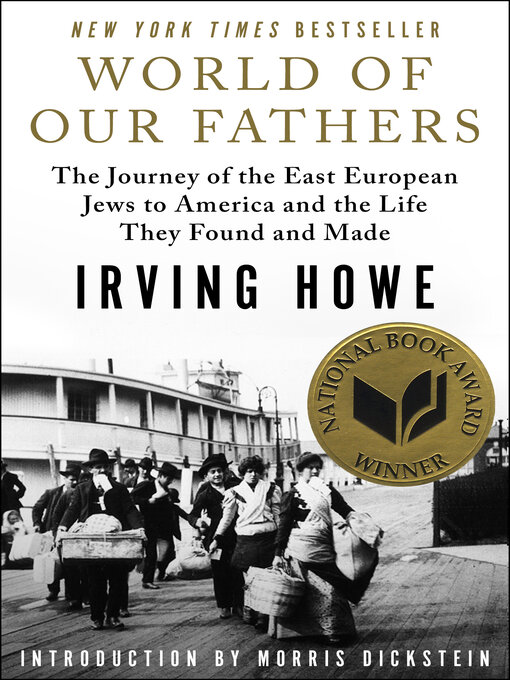- English
- Español
In the late nineteenth and early twentieth centuries, two million Jewish immigrants poured into America, leaving places like Warsaw or the Russian shtetls to pass through Ellis Island and start over in the New World. This is a “brilliant” account of their stories (The New York Times).
Though some moved on to Philadelphia, Chicago, and other points west, many of these new citizens settled in New York City, especially in Manhattan’s teeming tenements. Like others before and after, they struggled to hold on to the culture and community they brought from their homelands, all the while striving to escape oppression and find opportunity. They faced poverty and crime, but also experienced the excitement of freedom and previously unimaginable possibilities. Over the course of decades, from the 1880s to the 1920s, they were assimilated into the great melting pot as the Yiddish language slowly gave way to English; work was found in sweatshops; children were sent to both religious and secular schools; and, for the lucky ones, the American dream was attained—if not in the first generation, then by the second or third.
Nominated for a National Book Critics Circle Award, World of Our Fathers explores the many aspects of this time and place in history, from the political to the cultural. In this compelling American story, Irving Howe addresses everything from the story of socialism, the hardships of the ghetto, and the tragic Triangle Shirtwaist Factory fire that killed scores of garment workers to the “Borscht Belt” resorts of the Catskills in colorful and dramatic detail. Both meticulously researched and lively, it is “a stirring evocation of the adventure and trauma of migration” (Newsweek).

